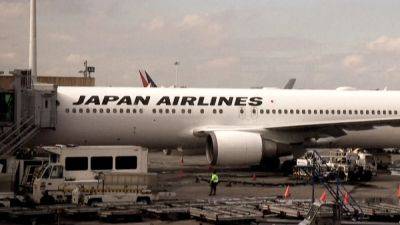Is the shine coming off Japan’s bullet trains?
Just ten days before the 1964 Tokyo Olympic Games, Japan opened its Tokaido Shinkansen, a high-speed rail line connecting Tokyo with Osaka. Shinkansen bullet trains showcased the high quality of Japanese railway technology to the world, with trains traveling at up to 285 km/h (177 mph).
More than ten trains depart from Tokyo each hour, and the average delay remains at just 54 seconds per train – much lower than in other countries such as the UK. So far, Japan’s bullet trains have also recorded zero passenger fatalities in their 60 years of operation.
The reliability, punctuality and safety of Japanese railways have reinforced the country’s identity as a self-professed railway technology superpower.
However, Japan’s Shinkansen is a self-contained railway system designed to be isolated from the conventional railway network. For example, the system is a dedicated high-speed line with a wider track than the rest of the network.
This means that the bullet train’s good reputation, which has been nurtured over decades, is predicated on it being a standalone project.
The irony here is that while Japanese suppliers have developed high technical know-how, their skills are being wasted as they struggle to adapt to the international railway marketplace.
In late 2023, Japan expressed its reluctance to join Indonesia’s US$7.3 billion high-speed rail project, citing concerns about technical compatibility and possible damage to its “brand.” As a result, Indonesia picked China to build the railway instead. China also offered to do it faster and with fewer conditions.
My own research suggests that domestic pride and confidence will turn into anxiety as Japanese railway expertise continues to encounter overseas rivals, and fails to win





